Untangling the Knot of Poor Sleep
Author: Max Warfield
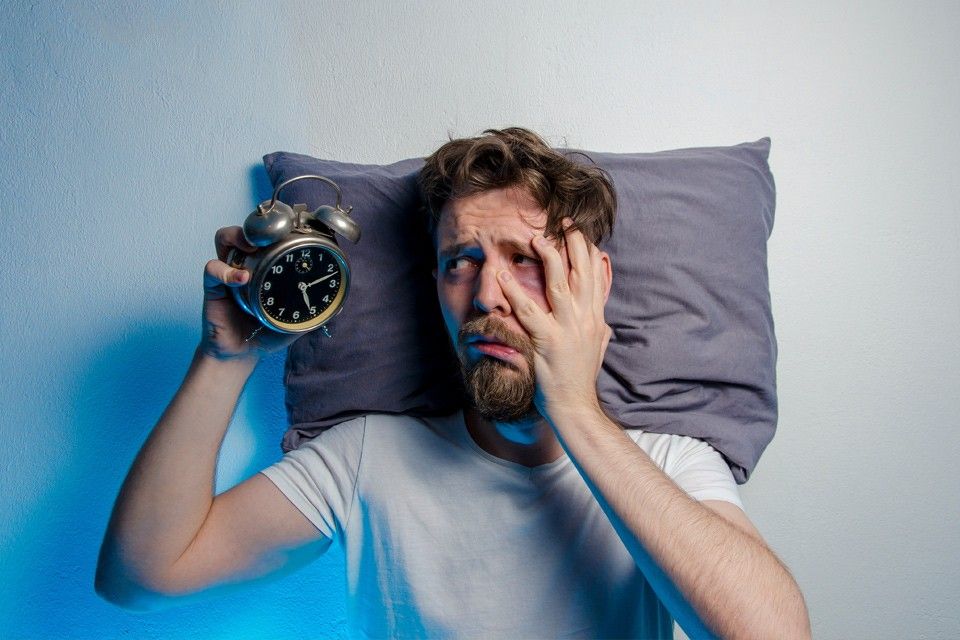
Features of good health are as varied as individual faces, but the load bearing cords of good diet, proper exercise and healthy sleep are essential for everyone. With poor sleep, doctors find many sources pulling into a difficult to unravel cluster.
Being an amputee means sleep can be even more problematic, as many common aggravating factors come with limb loss. To unwind this knot successfully, the sleepless often need to turn to more than one specialist for help.
Alarmingly, insomnia is quite common. “About a quarter of the population has insomnia, and in the amputee population it is higher,” tells Dr. Mark I. Boulos, Staff Neurologist at Sunnybrook Health Sciences Centre in Toronto and sleep science researcher. “Statistically, over 50% of amputees suffer from insomnia, almost double that of the general community.”
Dr. Boulos explains that insomnia in the amputee population is higher because of a number of factors, and there are specialists who can address each of these issues. “There are some pretty well-established therapies right now - including medications, and also something called Cognitive Behavioural Therapy for Insomnia (CBT-I),” offers Dr. Boulos. “If one became an amputee through trauma, CBT-I may be beneficial for managing some of the non-sleep issues as well… such as anxiety and depression.”
For someone who might lie in bed for a really long time and not fall asleep and makes up for it by staying in bed late, CBT-I restricts the amount of time in bed to, say seven or eight hours. Another component of CBT-I is breaking negative associations between the sleep environment and wakefulness. “Your bed is for sleep,” Dr. Boulos emphasizes. “It’s not for looking at the clock. It’s not for worrying. We need to basically break the cycle for someone just lying in bed. Don’t bring your work - like your laptop - into bed. That’s for a different space in the house.”
Another CBT-I component is sleep hygiene. “Create a dark, quiet environment, a good routine,” he says. “This therapy also works to change automatic unhealthy negative thoughts like repeating, ‘I can never sleep’. Therapists teach people how to relax their mind and prepare for sleep. There are some CBT-I apps available too.”
Proper rest is essential for physical and mental health, facilitating heart function, sound learning and good memory, aiding our immune system and metabolism, and more. It’s complicated with early risers, late-night sleepers and short sleepers (possibly due to genetics) and with sleep patterns changing as we age. Yet it is vital, as sleep deprivation is linked with heart disease, stroke, anxiety, diabetes, sepsis, high blood pressure and even car accidents. Issues that may affect an amputee’s sleep are commonplace: chronic pain, anxiety, altered body representation, depression, and Restless Legs Syndrome. Typically, the psychological and physical trauma of amputation is often linked to unsettled sleep for amputees.
Alarmingly, insomnia is quite common. “About a quarter of the population has insomnia, and in the amputee population it is higher,” tells Dr. Mark I. Boulos, Staff Neurologist at Sunnybrook Health Sciences Centre in Toronto and sleep science researcher. “Statistically, over 50% of amputees suffer from insomnia, almost double that of the general community.”
Dr. Boulos explains that insomnia in the amputee population is higher because of a number of factors, and there are specialists who can address each of these issues. “There are some pretty well-established therapies right now - including medications, and also something called Cognitive Behavioural Therapy for Insomnia (CBT-I),” offers Dr. Boulos. “If one became an amputee through trauma, CBT-I may be beneficial for managing some of the non-sleep issues as well… such as anxiety and depression.”
For someone who might lie in bed for a really long time and not fall asleep and makes up for it by staying in bed late, CBT-I restricts the amount of time in bed to, say seven or eight hours. Another component of CBT-I is breaking negative associations between the sleep environment and wakefulness. “Your bed is for sleep,” Dr. Boulos emphasizes. “It’s not for looking at the clock. It’s not for worrying. We need to basically break the cycle for someone just lying in bed. Don’t bring your work - like your laptop - into bed. That’s for a different space in the house.”
Another CBT-I component is sleep hygiene. “Create a dark, quiet environment, a good routine,” he says. “This therapy also works to change automatic unhealthy negative thoughts like repeating, ‘I can never sleep’. Therapists teach people how to relax their mind and prepare for sleep. There are some CBT-I apps available too.”
Proper rest is essential for physical and mental health, facilitating heart function, sound learning and good memory, aiding our immune system and metabolism, and more. It’s complicated with early risers, late-night sleepers and short sleepers (possibly due to genetics) and with sleep patterns changing as we age. Yet it is vital, as sleep deprivation is linked with heart disease, stroke, anxiety, diabetes, sepsis, high blood pressure and even car accidents. Issues that may affect an amputee’s sleep are commonplace: chronic pain, anxiety, altered body representation, depression, and Restless Legs Syndrome. Typically, the psychological and physical trauma of amputation is often linked to unsettled sleep for amputees.
Issues that may affect an amputee’s sleep are commonplace: chronic pain, anxiety, altered body representation, depression, and Restless Legs Syndrome. Typically, the psychological and physical trauma of amputation is often linked to unsettled sleep for amputees.


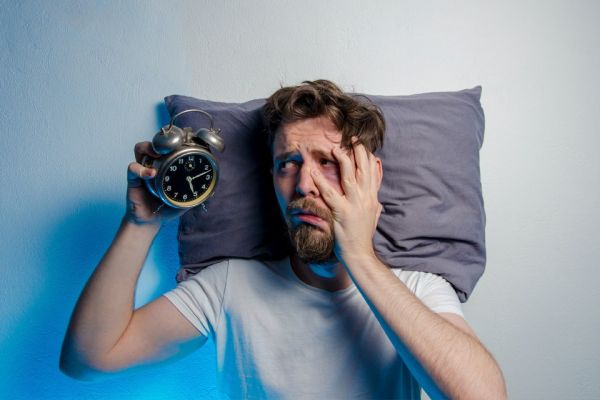
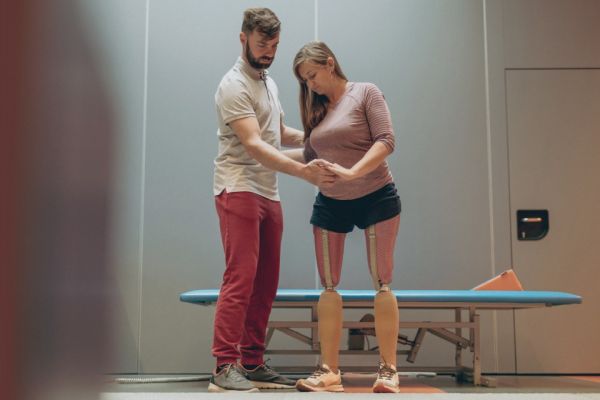


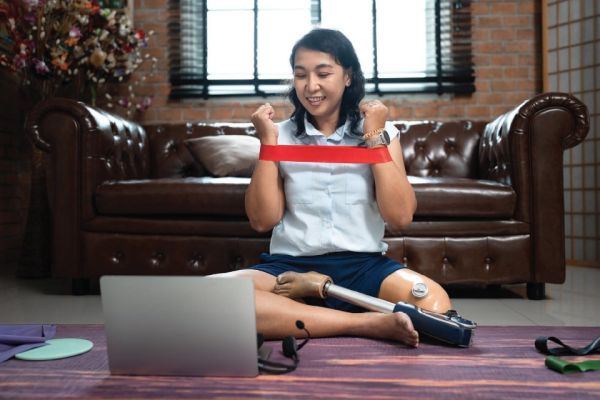
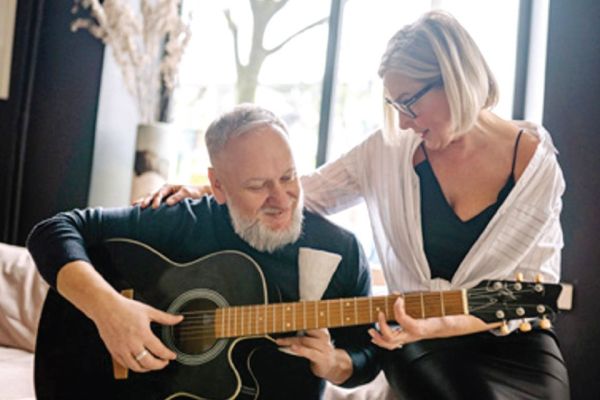
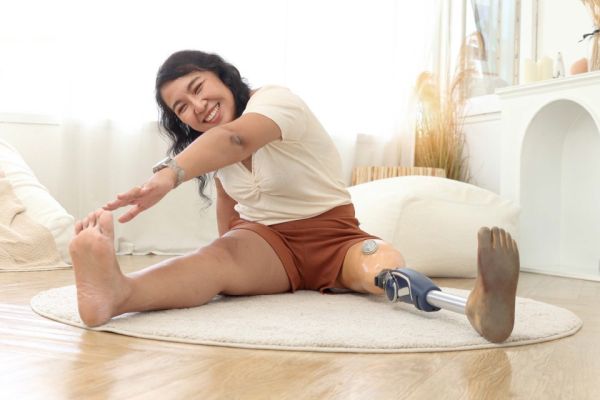
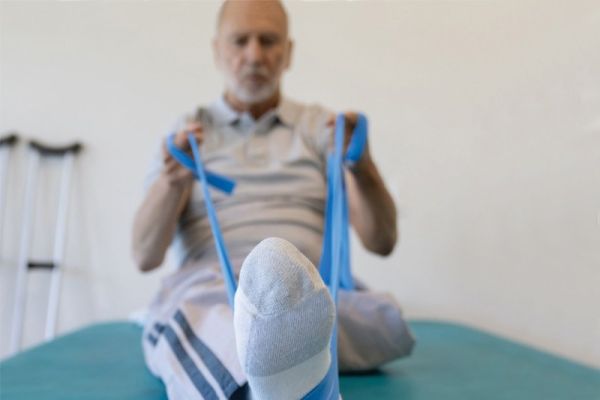
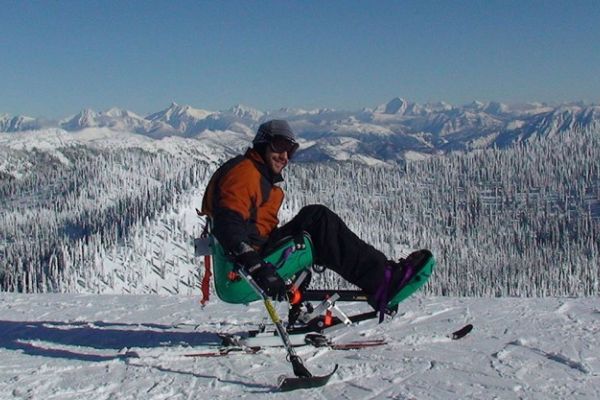
 How to resolve AdBlock issue?
How to resolve AdBlock issue?